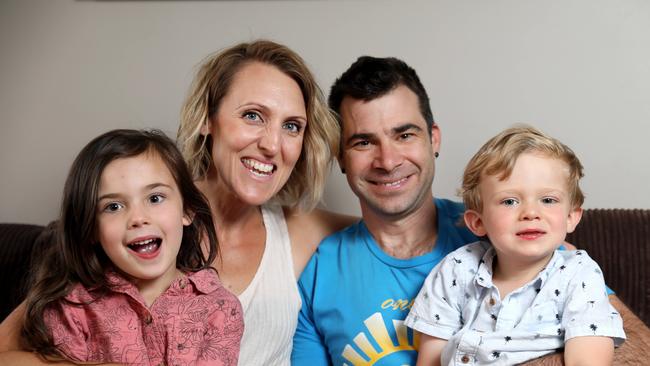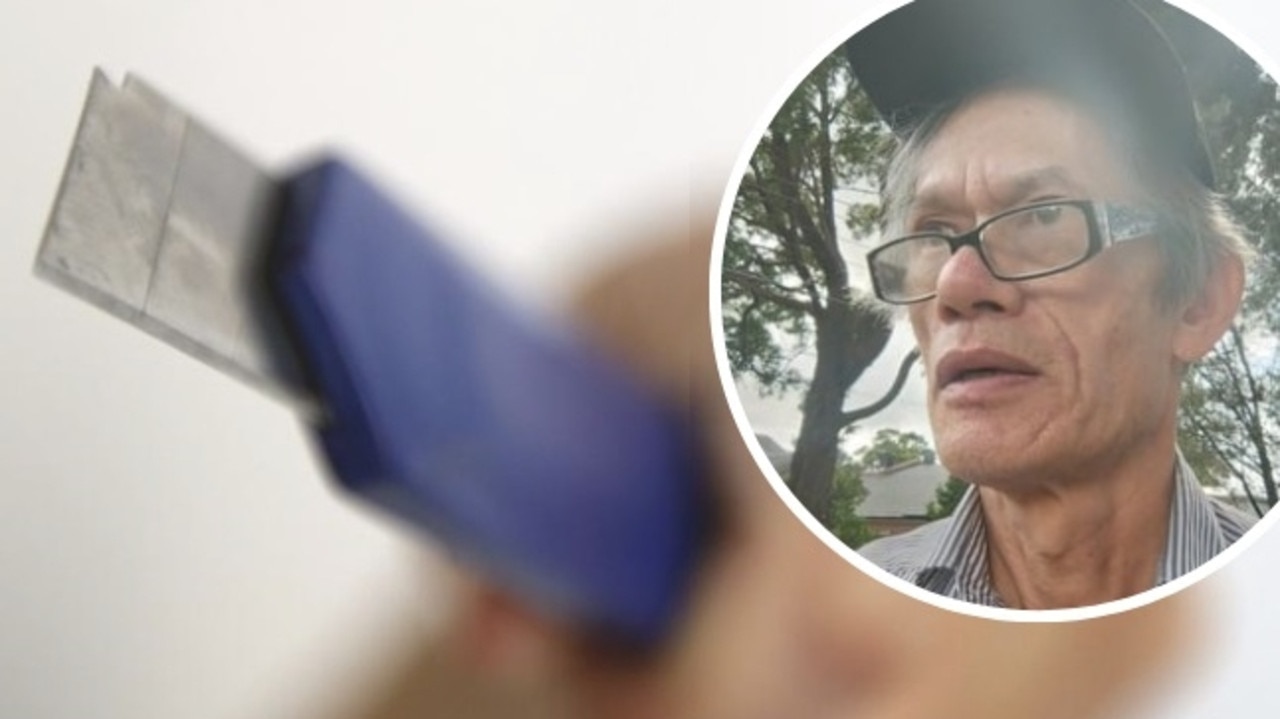Jack de Belin: Testicular cancer battle may lead to hormone patch use
Medical experts have weighed in on embattled NRL player Jack de Belin’s future as an athlete after his testicular cancer diagnosis.

NSW
Don't miss out on the headlines from NSW. Followed categories will be added to My News.
Routine checks and testosterone patches could be the new normal for embattled NRL player Jack de Belin whose recent diagnosis with testicular cancer could affect his physical strength and ability.
It was revealed this week the St George Illawarra Dragons player was privately fighting a testicular cancer diagnosis prior to the start of his high-profile sexual assault trial.
De Belin is understood to have found a lump which was later removed through keyhole surgery.

Cancer researcher Hannah Wardill said the details of de Belin’s surgery aren’t clear but standard keyhole surgery can have some lasting impacts.
“If the surgery is successful, a person can go back to a pretty normal life. But there are going to be some residual side effects from the surgery such as changes to hormone production, fertility and sperm production,” Professor Wardill said.
“If the entire testicle is removed, a person’s ability to produce testosterone can be reduced. There are testosterone patches and some people may decide not to use them. But others find the lack of testosterone production can have issues for their sex life and appearance.
“Testosterone is very important in muscle building and strength so I imagine maintaining its production will be a priority for a male athlete but I don’t see him having to stop any of his previous activity.”

Prof Wardill said testicular cancer had a high five year survival rate of 95 per cent.
Stanwell Tops man Ben Smith was diagnosed with testicular cancer at the age of 31 after ignoring his symptoms for two years.
Now 39 and a father of two, Mr Smith said he is grateful his wife Joanne pushed him to get checked.
“It was probably the scariest week of my life. They found multiple germ cell tumours and the doctor told me that if I had left it another six months, it would have spread through my entire body,” he said.
“I’m all clear now but I still go every year (to be checked) as it plays in the back of my mind.”





